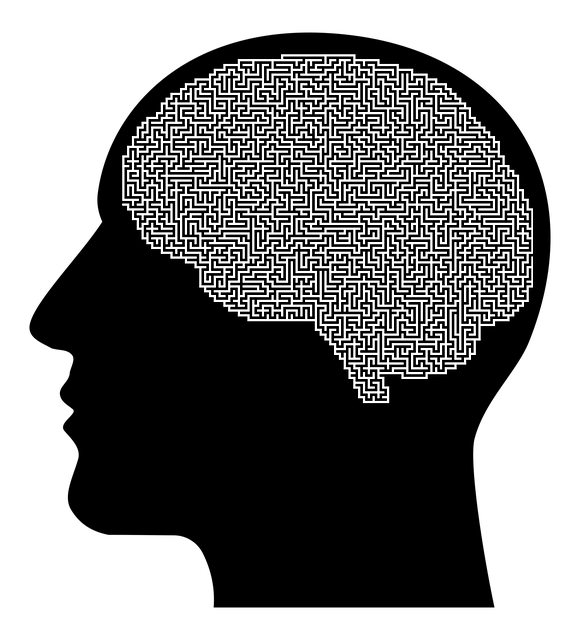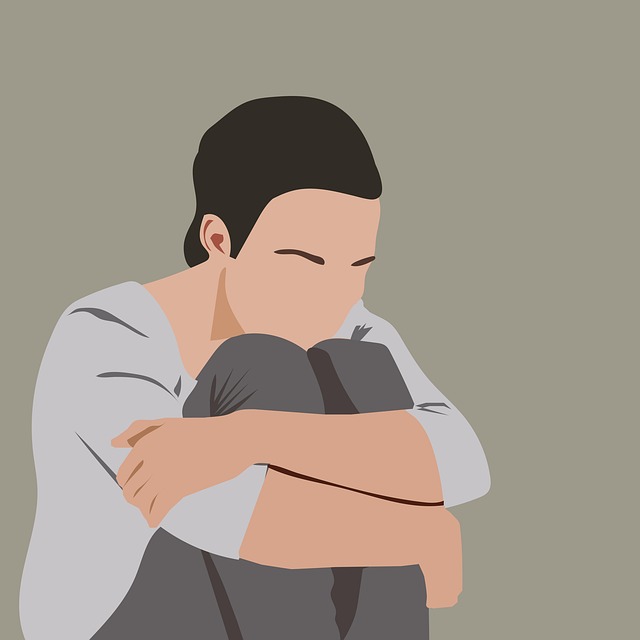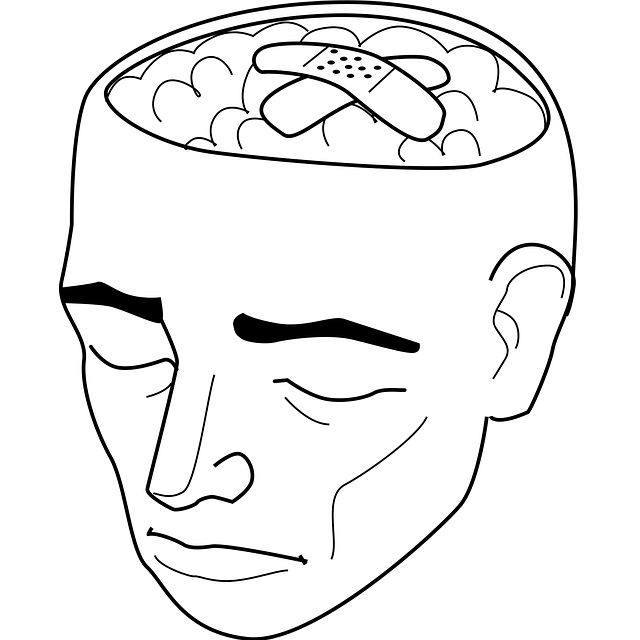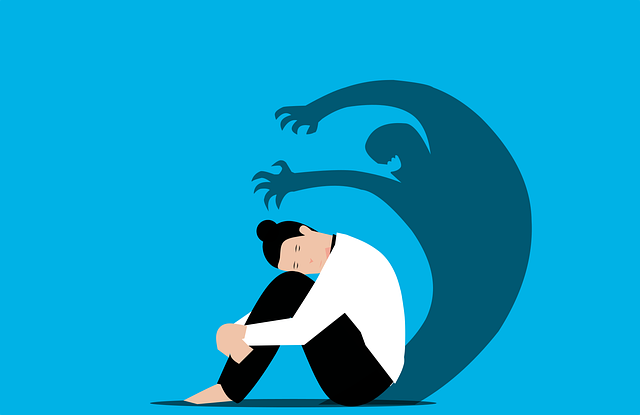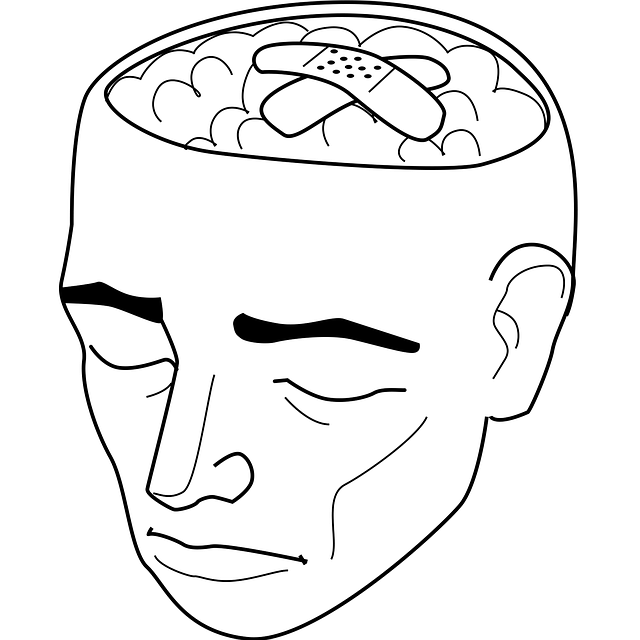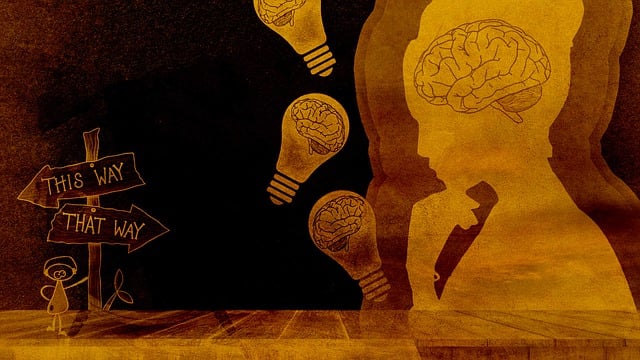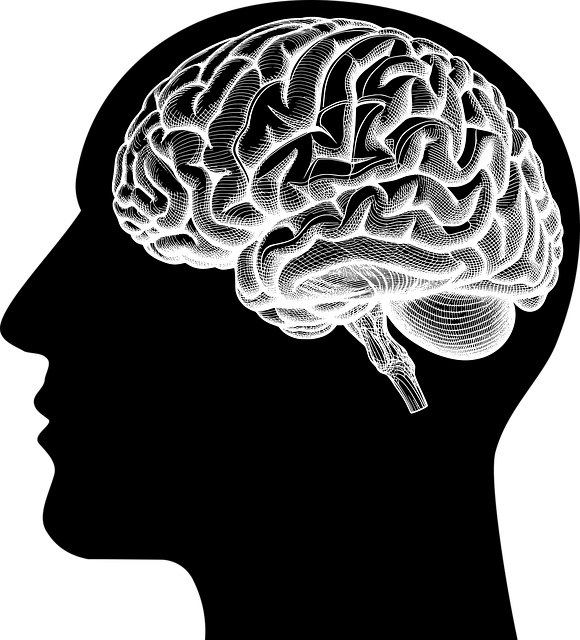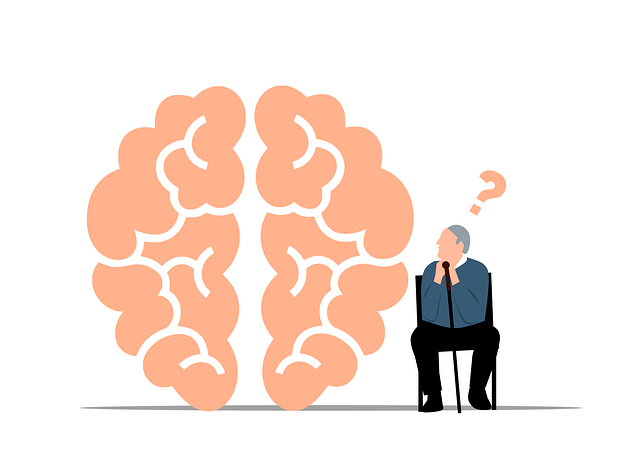Risk assessment is vital in mental health practice, especially for treating young children, as it identifies and mitigates potential risks associated with therapy. EMDR-certified therapists play a crucial role in addressing complex emotional issues in young clients through evidence-based Eye Movement Desensitization and Reprocessing (EMDR) techniques. By integrating EMDR and empathy-building strategies, mental health professionals create supportive environments that promote healing, reduce adverse effects, and foster healthier mental health practices while mitigating burnout risks. Public awareness campaigns can normalize conversations about youth anxiety, depression, and trauma, encouraging early therapy-seeking. Ethical considerations and support systems are essential for therapists specializing in therapy for young children.
In the dynamic field of mental health practice, risk assessment is an indispensable tool for ensuring client safety. This article explores crucial aspects of risk management tailored for professionals working with young children. We delve into understanding risk assessment in context, highlighting the significance of EMDR certification in child therapy. By examining strategies to identify and mitigate risks specific to young clients, we emphasize ethical considerations and the importance of robust professional support systems. For therapists, this guide offers vital insights for navigating complex scenarios effectively while prioritizing child well-being.
- Understanding Risk Assessment in Mental Health Practice
- The Role of EMDR Certification in Child Therapy
- Identifying and Mitigating Risks for Young Clients
- Ethical Considerations and Professional Support Systems
Understanding Risk Assessment in Mental Health Practice

Risk assessment is a cornerstone of mental health practice, especially when working with vulnerable populations like young children. It involves systematically identifying and evaluating potential risks associated with therapy to ensure client safety and foster positive outcomes. For therapists specializing in EMDR (Eye Movement Desensitization and Reprocessing), an evidence-based approach for treating trauma, understanding risk assessment is paramount. This process helps them navigate complex cases effectively, offering therapy for young children while mitigating any possible adverse effects.
Incorporating strategies to build empathy and enhance public awareness campaigns for mental health can significantly contribute to this assessment framework. By fostering a deeper connection with clients and increasing community understanding of therapy’s benefits, including anxiety relief techniques, mental health professionals can create a supportive environment conducive to healing. This holistic approach ensures that risk assessment is not just a procedural step but an essential tool for comprehensive client care.
The Role of EMDR Certification in Child Therapy

The Eye Movement Desensitization and Reprocessing (EMDR) therapy approach has gained significant recognition in the field of child psychology, especially for treating trauma in young clients. EMDR certification is a valuable asset for mental health professionals specializing in therapy for young children. This certification equips therapists with specialized skills to address complex emotional issues that often require delicate handling. By integrating EMDR into their practice, therapists can facilitate profound healing and positive outcomes for their young patients.
For mental health professionals focusing on burnout prevention strategies, incorporating Mind Over Matter principles within EMDR therapy sessions can be beneficial. This involves helping children develop coping mechanisms and resilience to manage stress and adversity. By teaching them to reframe negative thoughts and experiences, therapists empower kids to navigate life’s challenges with increased emotional agility. Such an approach not only aids in trauma recovery but also contributes to the overall well-being of young individuals, fostering healthier relationships with their mental health and self-care practices, thus mitigating potential burnout risks in the long term.
Identifying and Mitigating Risks for Young Clients

Identifying risks for young clients is a paramount concern for mental health professionals. This age group often presents unique challenges due to their developing brains and life experiences that may include trauma or significant stress. Risks can manifest as emotional, behavioral, or cognitive issues, impacting their ability to thrive both personally and academically. Mental health practitioners play a crucial role in mitigating these risks through tailored interventions.
EMDR-certified therapists, equipped with specialized training in Eye Movement Desensitization and Reprocessing (EMDR), offer effective treatment for young clients dealing with traumatic memories or distressing events. This evidence-based approach facilitates self-esteem improvement and emotional well-being promotion techniques by helping children process and resolve past experiences that may be hindering their present-day functioning. Furthermore, public awareness campaigns development around mental health can help normalize conversations about youth anxiety, depression, and trauma, fostering an environment where young individuals feel empowered to seek therapy for the challenges they face.
Ethical Considerations and Professional Support Systems

Mental health professionals, especially those specializing in therapy for young children, must navigate a delicate balance between providing compassionate care and preserving their own well-being. Ethical considerations play a pivotal role in this context. Professionals are bound by ethical guidelines that emphasize patient safety, confidentiality, and consent. However, these responsibilities can be emotionally taxing, particularly when dealing with complex cases or trauma. Therefore, integrating robust support systems is essential.
Support networks can include EMDR Certified therapists or peers who can offer supervision, mentorship, and peer-to-peer counseling. Moreover, mental health awareness initiatives and confidence-boosting workshops can equip professionals with coping mechanisms to prevent burnout, ensuring they remain adept at providing effective therapy for young children.
Mental health professionals play a vital role in fostering healing, but they must also navigate complex risks. By understanding risk assessment, integrating EMDR certification in child therapy, identifying vulnerabilities in young clients, and prioritizing ethical considerations alongside robust professional support systems, therapists can enhance their practice and provide the best care for their young patients. When equipped with the right tools, professionals can ensure a safe and supportive environment, ultimately revolutionizing therapy for young children through evidence-based techniques like EMDR.

